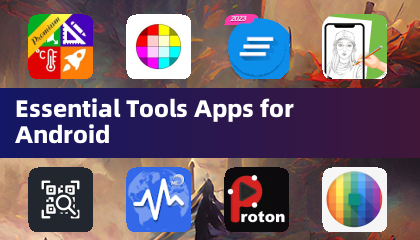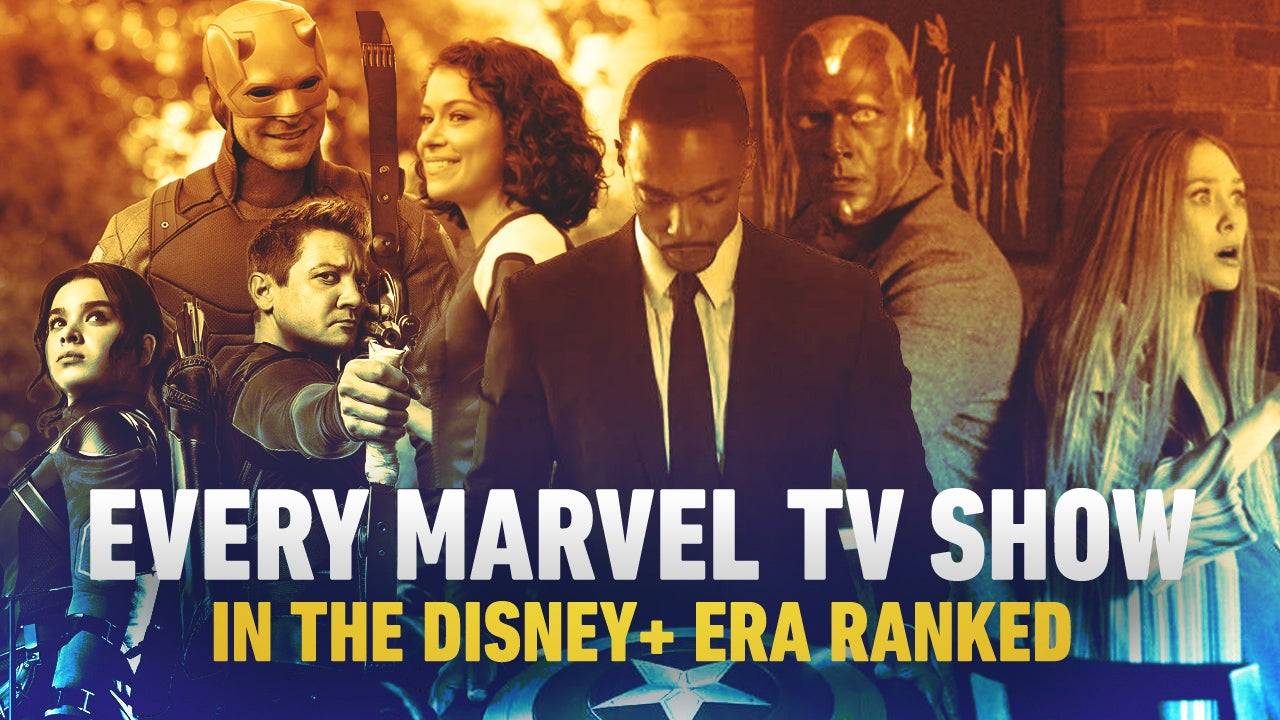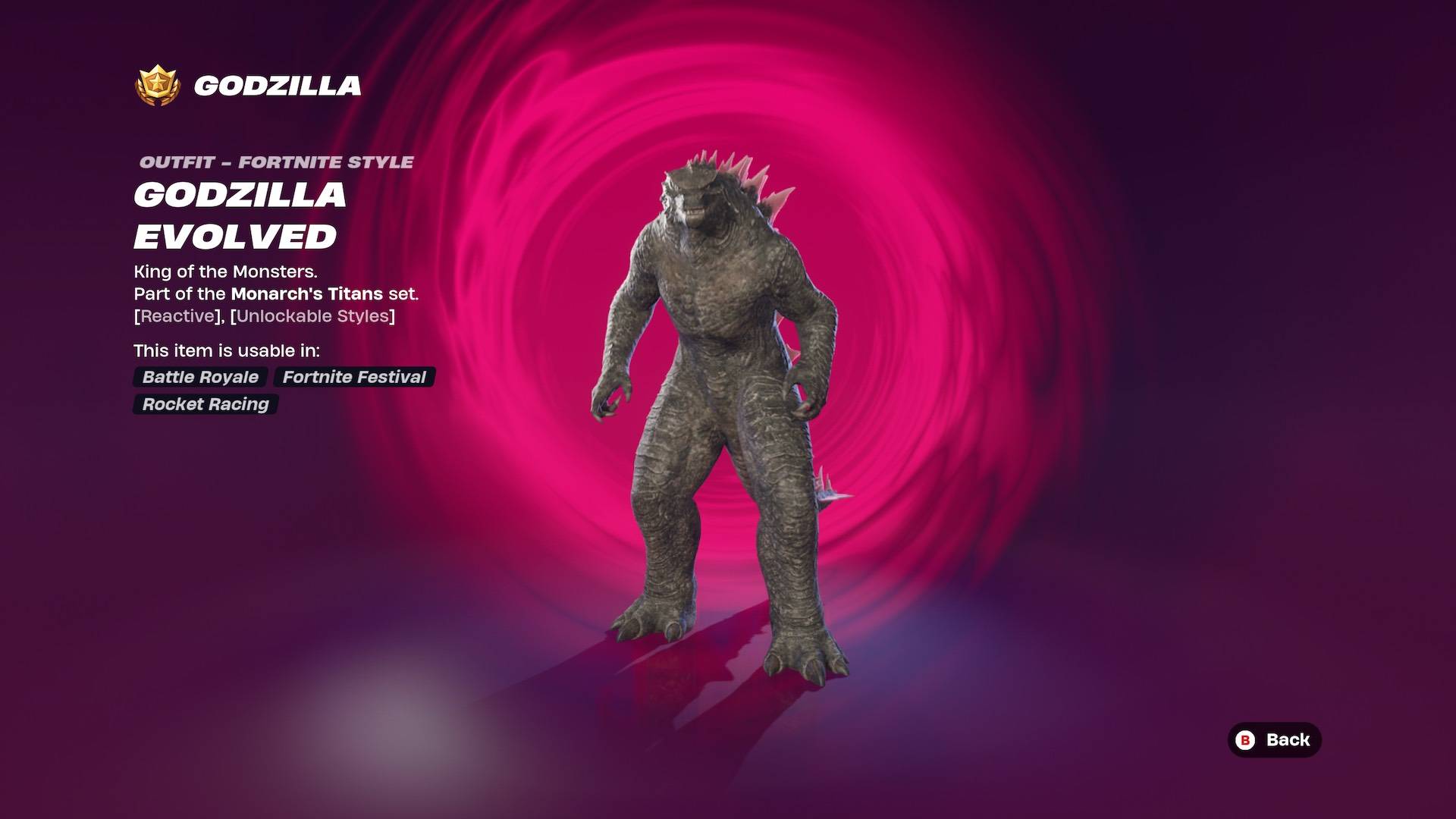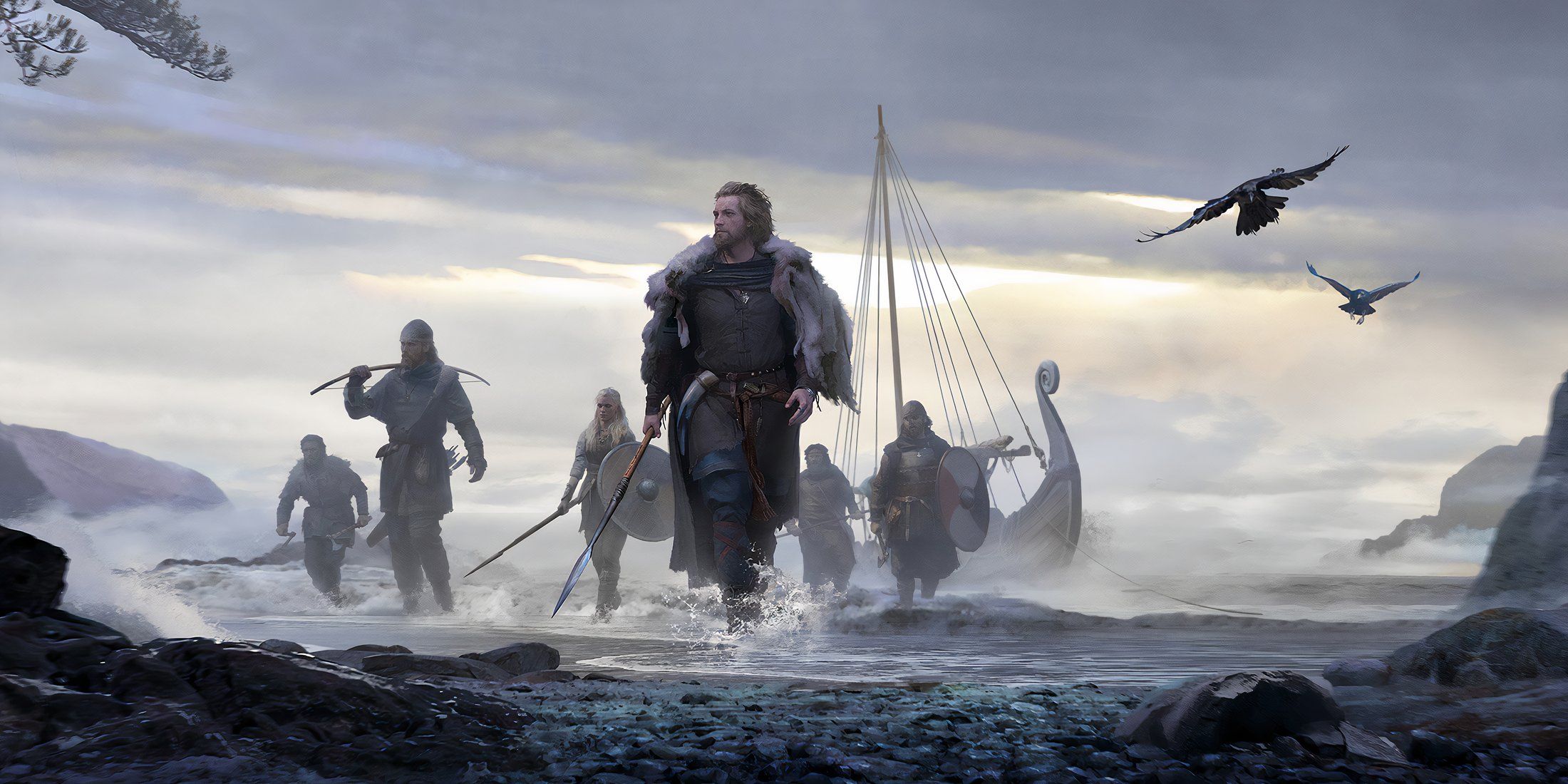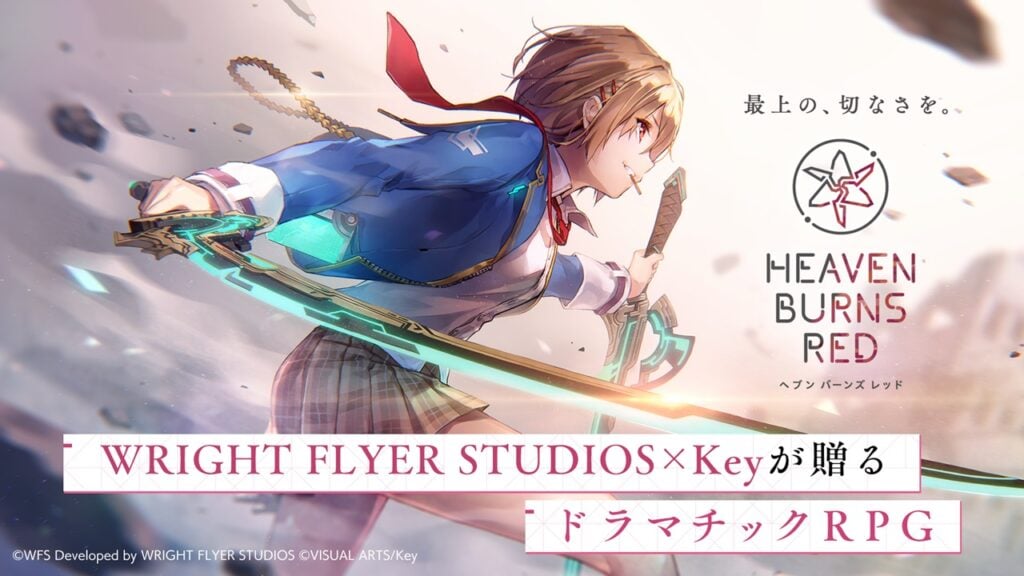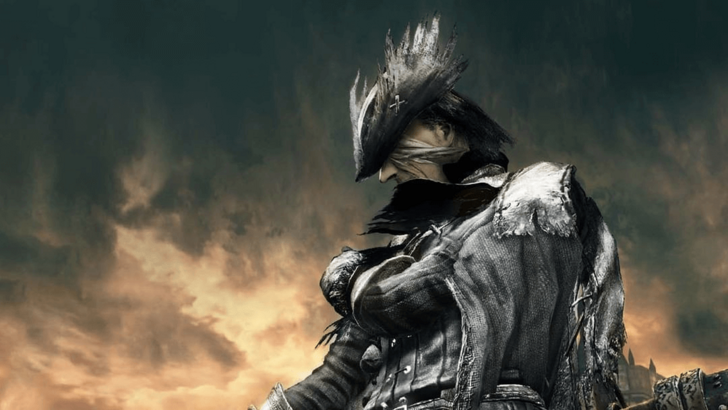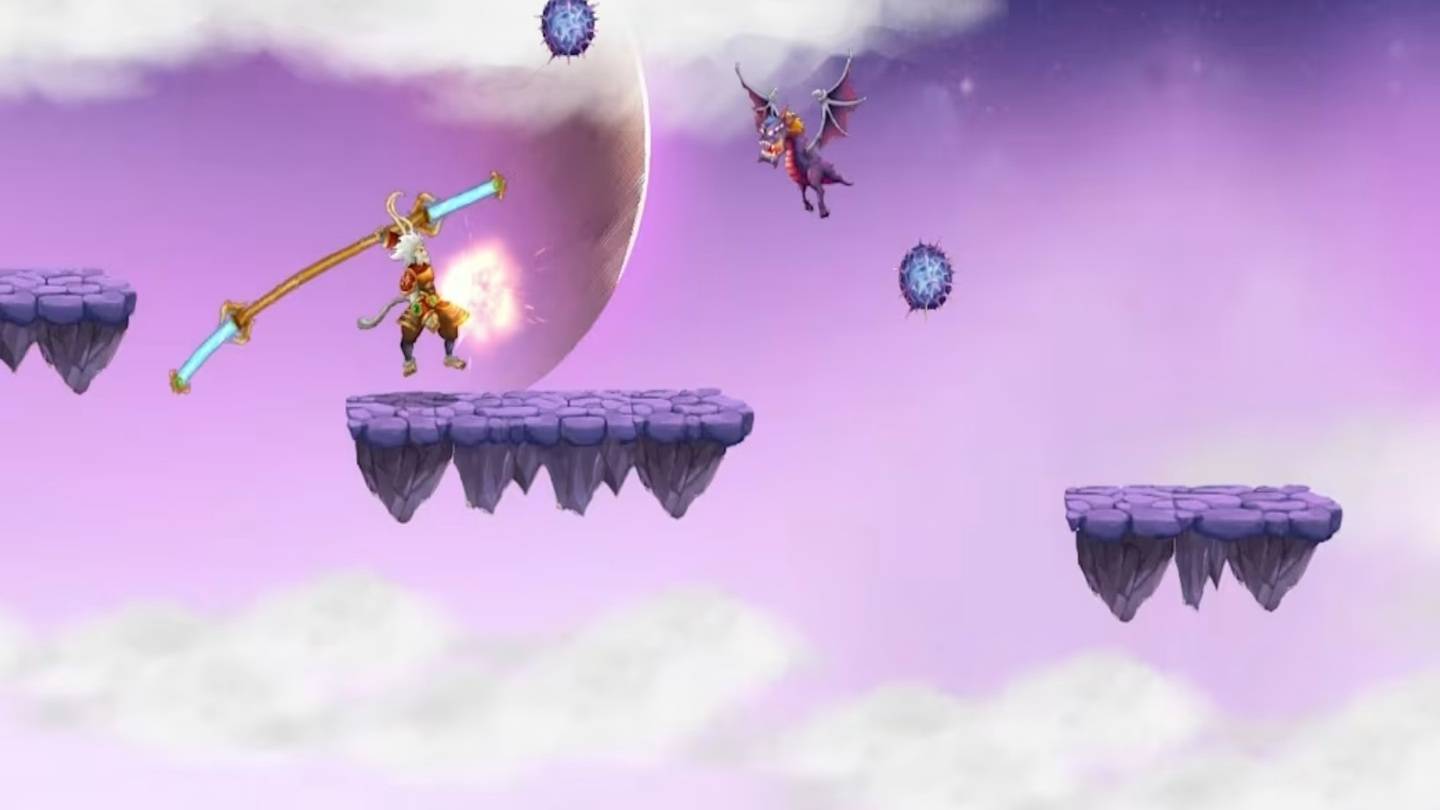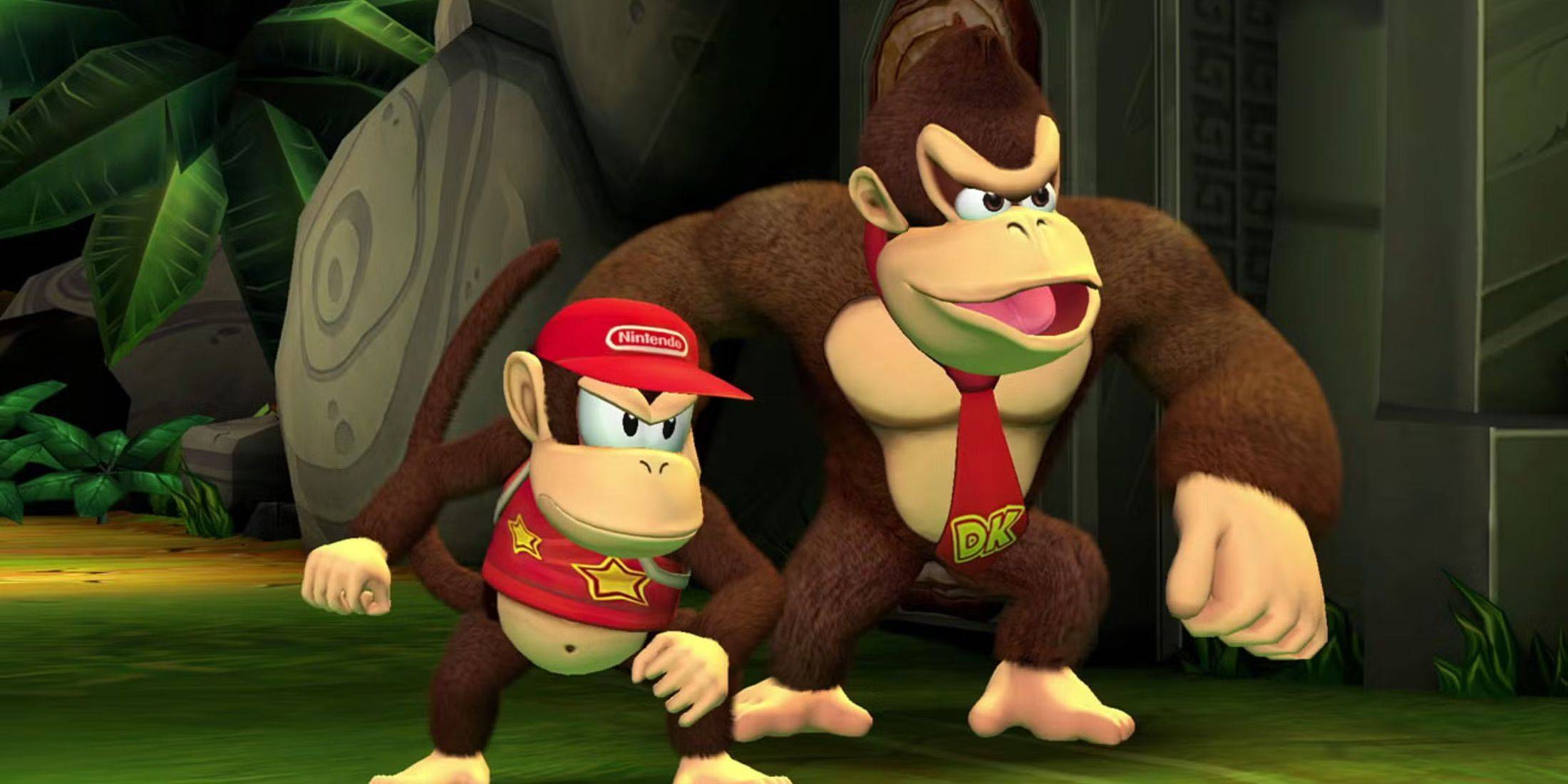
Summary
- Nintendo excluded Retro Studios' developers from the Donkey Kong Country Returns HD credits.
- Nintendo's history of shortened credits in remastered games has faced developer criticism.
The upcoming release of Donkey Kong Country Returns HD confirms the omission of Retro Studios' original developers from the remastered game's credits. Launching January 16, 2025, this Nintendo Switch title offers a remastered version of the 2010 Wii game.
The Nintendo Switch, known for its portability and extensive classic game library, is a leading retro gaming platform. Nintendo's remastering and remaking of classic titles, enhancing them with new content and visuals, is a notable trend. Recent examples include the Super Mario RPG remake and remasters of Advance Wars and the Famicom Detective Club games.
This trend extends to the Donkey Kong Country series. Pre-release reports confirm that Nintendo excluded Retro Studios' staff from Donkey Kong Country Returns HD credits. Nintendo Life reports that only Forever Entertainment, responsible for the Switch port and enhancements, receives credit. The credits simply state the game is "Based on the work of the original development staff."
Nintendo's Omission of Retro Studios from Donkey Kong Country Returns HD Credits
This credit condensation aligns with Nintendo's approach to other Switch re-releases. In 2023, Zoid Kirsch, a former Retro Studios programmer (Metroid Prime), criticized Nintendo for omitting original credits from Metroid Prime Remastered. He expressed disappointment, and other developers echoed concerns about this "bad practice" of excluding original teams from remaster credits.
Game industry crediting practices are a significant issue, impacting developer career building. Crediting original developers in remasters shows appreciation for their work on beloved titles. Nintendo also faces accusations of insufficient translator crediting, sometimes using restrictive NDAs that prevent acknowledgement of work on franchises like The Legend of Zelda. Growing public criticism from developers and fans may force publishers, including Nintendo, to revise their crediting practices.



